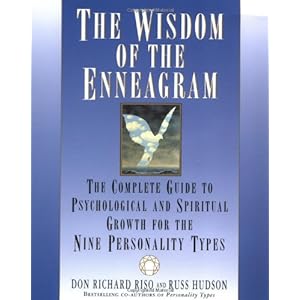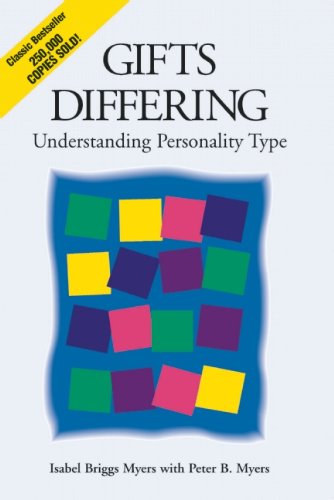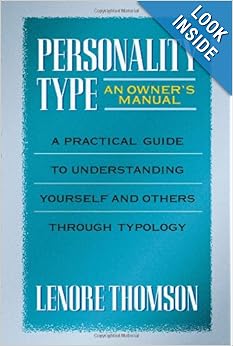- Joined
- Dec 23, 2009
- Messages
- 26,578
- MBTI Type
- INTJ
- Enneagram
- 6w5
- Instinctual Variant
- sx/sp
Here is a draft of an intro section for the FAQ on type in general. Thoughts/feedback?
What is type?
The best way to think about type is that it provides a little bit of information about you as a person. Humans are far too complex to be defined by a series of letters and numbers. Our DNA, our surroundings, the culture we live in, our life experience and choices – these things help to shape us as individuals. Type is merely one way to aid in understanding. The best way to think about it then is that type can provide information or data points about us as individuals.
There are many different systems out there and new ones are being created as time goes on. Some die out. Others gain acceptance and as more is written about them, professional certifications are created related to testing instruments. Some examples of typing systems include the Myers Briggs Type Indicator, Eneagram, Socionics, Gallup StrengthsFinder, Big 5, and DISC. On this forum, the two most popular ones are based on Jungian Cognitive functions (e.g., MBTIâ„¢) and Enneagram. There is a wealth of information available about both, which provides a rich set of information for practical use. HR consultants, personal coaches, counselors and others use these systems as a tool in their profession.
These systems have a variety of practical uses or applications but the primary ones are that they provide tools for you to:
Introduction to Personality Type
Introduction to Typology
Introversion/Extraversion Primer
Introverted and Extraverted Cognitive Functions
Dario Nardi Talks About Cognitive Functions
Introduction to Enneagram
There are a variety of good books out there as well. Some good introductory ones are:
Enneagram


MBTI and Cognitive Functions



What is type?
The best way to think about type is that it provides a little bit of information about you as a person. Humans are far too complex to be defined by a series of letters and numbers. Our DNA, our surroundings, the culture we live in, our life experience and choices – these things help to shape us as individuals. Type is merely one way to aid in understanding. The best way to think about it then is that type can provide information or data points about us as individuals.
There are many different systems out there and new ones are being created as time goes on. Some die out. Others gain acceptance and as more is written about them, professional certifications are created related to testing instruments. Some examples of typing systems include the Myers Briggs Type Indicator, Eneagram, Socionics, Gallup StrengthsFinder, Big 5, and DISC. On this forum, the two most popular ones are based on Jungian Cognitive functions (e.g., MBTIâ„¢) and Enneagram. There is a wealth of information available about both, which provides a rich set of information for practical use. HR consultants, personal coaches, counselors and others use these systems as a tool in their profession.
These systems have a variety of practical uses or applications but the primary ones are that they provide tools for you to:
- Understand yourself better
- Understand others better
- Understand the dynamics behind conflict between individuals
- Understand how different types can complement each other
- Support personal development
- Facilitate more effective communication and interaction
Introduction to Personality Type
Introduction to Typology
Introversion/Extraversion Primer
Introverted and Extraverted Cognitive Functions
Dario Nardi Talks About Cognitive Functions
Introduction to Enneagram
There are a variety of good books out there as well. Some good introductory ones are:
Enneagram


MBTI and Cognitive Functions



Last edited:
